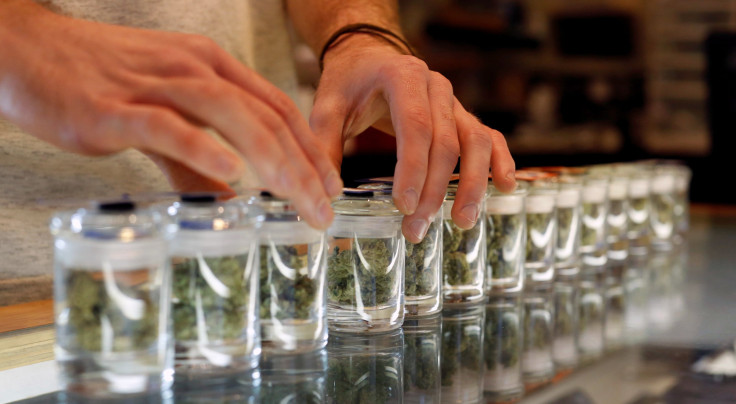Marijuana Legalization 2016: DEA’s New Cannabis Laws Make CBD, Other Extracts Schedule I Drugs

United States’ Drug Enforcement Administration (DEA) on Wednesday set new cannabis extract laws by amending the Schedule I Controlled Substances Act to include tighter regulations for marijuana extracts, including cannabidiol (CBD).
In the new drug code titled “Establishment of a New Drug Code for Marihuana Extract,” the DEA says it is “creating a separate code number for marihuana extract with the following definition: ‘Meaning an extract containing one or more cannabinoids that has been derived from any plant of the genus Cannabis, other than the separated resin (whether crude or purified) obtained from the plant.’ Extracts of marihuana will continue to be treated as Schedule I controlled substances.”
This means CBD and all other extracts derived from the cannabis plant (psychoactive or not) will come under Schedule 1 drugs, like heroin, LSD, marijuana, and ecstasy, and cannot cross state lines. Any person currently licensed to produce and handle marijuana extracts is required to apply for a modification of their registration by Jan. 13, 2017, the new document says.
“For practical purposes, all extracts that contain CBD will also contain at least small amounts of other cannabinoids. However, if it were possible to produce from the cannabis plant an extract that contained only CBD and no other cannabinoids, such an extract would fall within the new drug code,” the DEA said.
The declaration, which critics say was made silently to avoid criticism, was justified with the help of international treaties: “Under international drug control treaties administered by the United Nations, some differences exist between the regulatory controls pertaining to marihuana extract versus those for marihuana and tetrahydrocannabinols.”
“The DEA has previously established separate code numbers for marihuana and for tetrahydrocannabinols, but not for marihuana extract,” the document’s summary read.
Medicinal marijuana activists, however, are questioning the legality of the move.
“This action is beyond the DEA’s authority,” Robert Hoban, a Colorado cannabis attorney and adjunct professor of law at the University of Denver, told Leafly. “The DEA can only carry out the law, they cannot create it. Here they’re purporting to create an entirely new category called ‘marijuana extracts,’ and by doing so wrest control over all cannabinoids. They want to call all cannabinoids illegal. But they don’t have the authority to do that.”
© Copyright IBTimes 2025. All rights reserved.






















